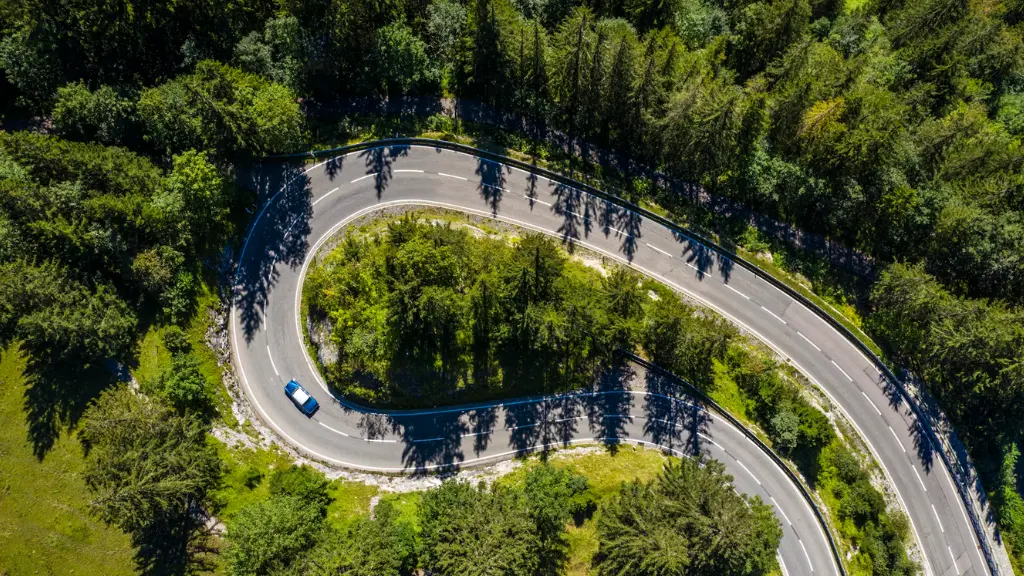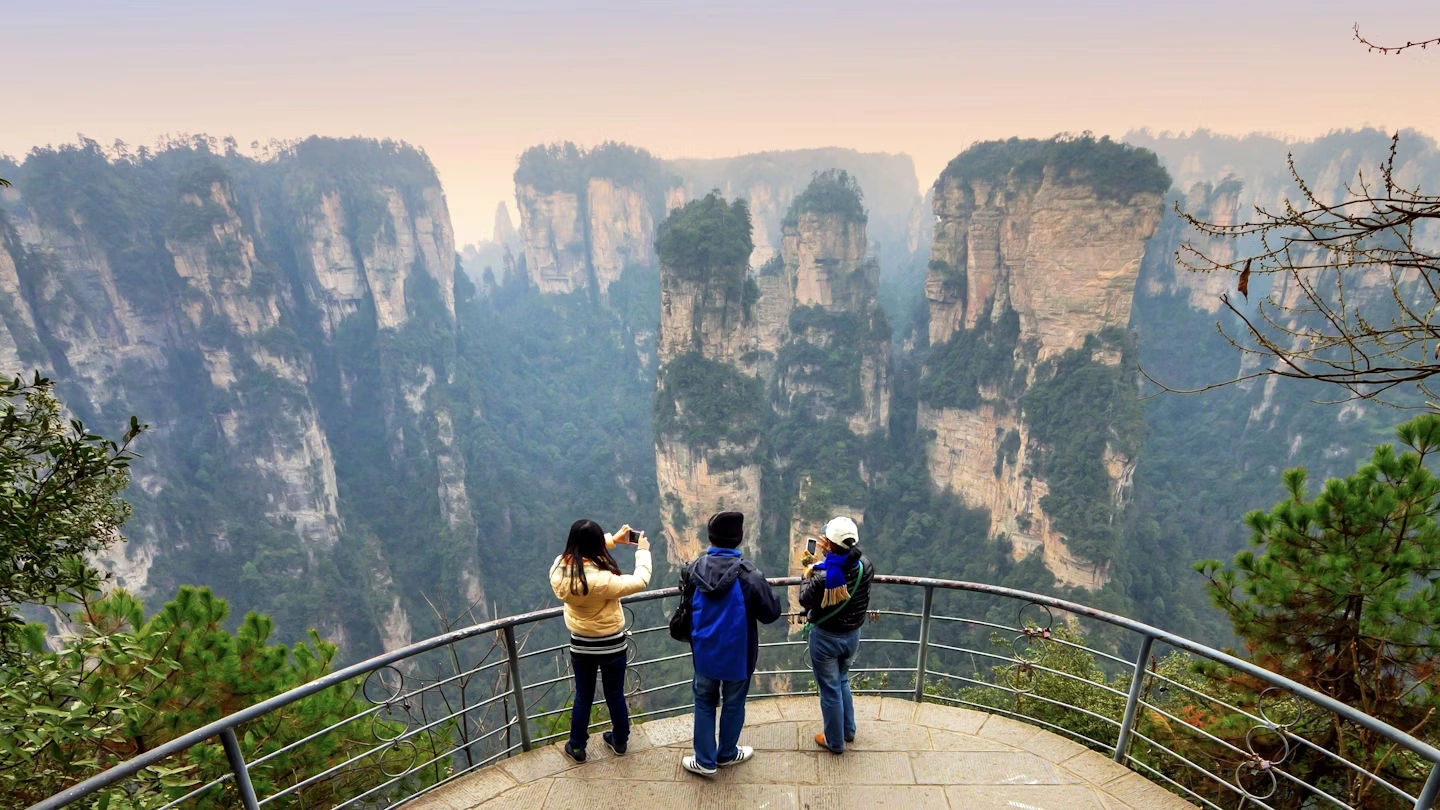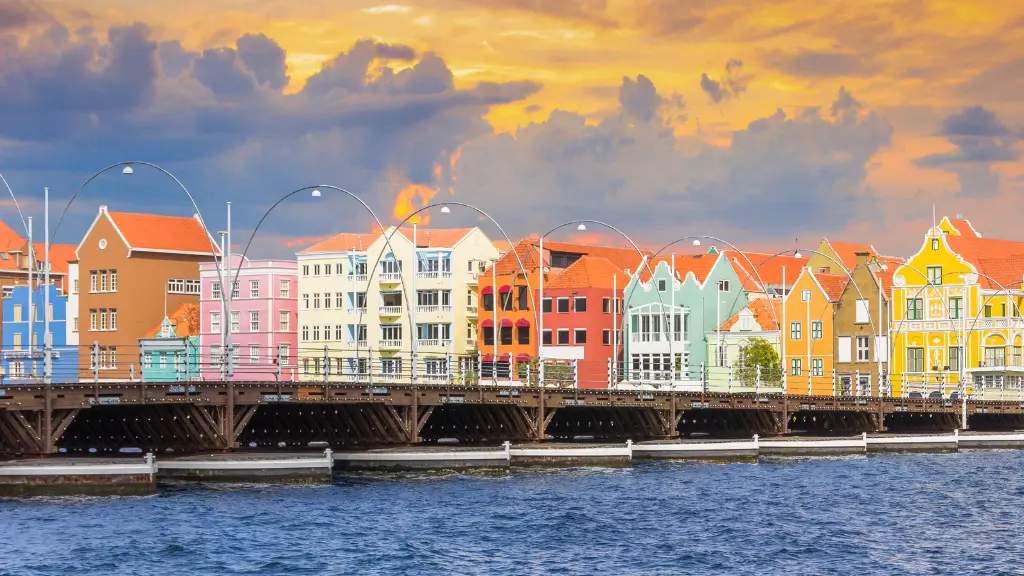Bavaria’s allure is often synonymous with Neuschwanstein Castle, Oktoberfest, and Munich’s beer gardens. But this southern German region has so much more to offer beyond these famous sites. From secluded lakes and untouched natural beauty to medieval towns and charming villages, Bavaria is full of hidden treasures waiting to be explored.
If you’re seeking a more intimate Bavarian experience, here are nine unique destinations that will give you an authentic taste of this picturesque region.
You May Also Like: 7 Unmissable Places Where You Can Embrace the Best of the Bahamas
1. Berchtesgaden National Park: Nature at Its Purest
Highlights: Lake Königssee, Watzmann Mountain, Ice Chapel
Tucked away near the Austrian border, Berchtesgaden National Park is a sanctuary for nature lovers. Famous for its pristine Lake Königssee and the towering Watzmann Mountain, this area offers incredible hiking trails and spectacular alpine scenery. Visit the “Eiskapelle” or Ice Chapel, a natural ice cave that forms each year and provides a unique experience for adventurous travelers.
Image Ideas: Lake Königssee with mountains in the background, hikers on Watzmann, the Ice Chapel formation
2. Rothenburg ob der Tauber: Step Into a Fairytale
Highlights: Medieval walls, Christmas market, Plönlein Corner
Known as one of Germany’s best-preserved medieval towns, Rothenburg ob der Tauber feels like stepping into a storybook. Wander through cobblestone streets, admire the medieval architecture, and visit during the winter season to experience the charming Christmas market. Rothenburg’s famous Plönlein Corner, with its colorful half-timbered houses, is a must-see spot for photographers.
Image Ideas: Plönlein Corner, Christmas market stalls, Rothenburg’s medieval walls
3. Bamberg: Little Venice of Bavaria
Highlights: Altes Rathaus, Bamberg Cathedral, Little Venice
This UNESCO World Heritage city, often called “Little Venice,” is celebrated for its old-world charm and well-preserved architecture. Bamberg’s Altes Rathaus (Old Town Hall) sits on an island in the Regnitz River, connected by two arched bridges, while “Little Venice” features a row of charming fishermen’s houses along the water. Don’t miss the unique smoked beer, or “Rauchbier,” for a true taste of Bavarian tradition.
Image Ideas: Altes Rathaus on the river, Little Venice’s canals, beer steins filled with Rauchbier
4. Ammergau Alps: Hiking and Traditional Arts
Highlights: Pilgrimage Church of Wies, Ettal Abbey, scenic trails
For a combination of natural beauty and Bavarian tradition, the Ammergau Alps is an excellent choice. Hike the region’s scenic trails, visit the Baroque Pilgrimage Church of Wies (a UNESCO site), or stop by Ettal Abbey for a glimpse of Benedictine monastic life. The Ammergau Alps are also home to the famous Oberammergau Passion Play, performed every decade by local residents.
Image Ideas: Pilgrimage Church of Wies, mountain trails, monks at Ettal Abbey
5. Regensburg: Roman Relics and Bavarian Charm
Highlights: Stone Bridge, Regensburg Cathedral, Danube River cruises
As one of Bavaria’s oldest cities, Regensburg combines ancient Roman history with a vibrant modern culture. Walk across the historic Stone Bridge, visit the Regensburg Cathedral with its impressive Gothic spires, and enjoy a scenic Danube River cruise. The city’s winding streets are filled with quaint cafes, artisan shops, and lively beer gardens that make it a perfect spot for a relaxed afternoon.
Image Ideas: Stone Bridge over the Danube, cathedral exterior, street cafes in Regensburg
6. Chiemsee Lake: Bavaria’s Inland Sea
Highlights: Herrenchiemsee Palace, Fraueninsel Island, water sports
Often called the “Bavarian Sea,” Lake Chiemsee is Bavaria’s largest lake and is ideal for outdoor activities. Take a boat ride to Herreninsel Island to explore Herrenchiemsee Palace, built by King Ludwig II as a homage to Versailles. Nearby Fraueninsel, a small island with a Benedictine monastery, offers a peaceful escape with its scenic views and artisan shops.
Image Ideas: Herrenchiemsee Palace, boats on Lake Chiemsee, Fraueninsel’s monastery
7. Passau: The City of Three Rivers
Highlights: St. Stephen’s Cathedral, Veste Oberhaus Fortress, confluence of rivers
Passau, located at the confluence of the Danube, Inn, and Ilz rivers, is known as the “City of Three Rivers.” This unique location creates beautiful vistas from nearly every angle. Climb to Veste Oberhaus, a hilltop fortress with panoramic views, and visit St. Stephen’s Cathedral, home to one of the largest pipe organs in the world.
Image Ideas: View from Veste Oberhaus, St. Stephen’s Cathedral interior, river confluence scenes
8. Füssen: Beyond Neuschwanstein
Highlights: Hohes Schloss, Lechfall waterfall, High Castle Museum
While Füssen is famous as the gateway to Neuschwanstein Castle, the town itself has hidden treasures that shouldn’t be overlooked. Visit the Hohes Schloss (High Castle) for its unique painted facade and Gothic art collection, or take a short walk to the Lechfall waterfall for breathtaking natural views. Füssen’s medieval streets and lakeside scenery offer a serene contrast to the bustling castle.
Image Ideas: Hohes Schloss facade, Lechfall waterfall, Füssen town views
9. Nuremberg: History and Innovation Intertwined
Highlights: Nuremberg Castle, Documentation Center, Christkindlesmarkt
Nuremberg is a city where historic significance meets contemporary culture. The Nuremberg Castle offers stunning city views, while the Documentation Center provides a somber look into the city’s World War II history. During the holiday season, Nuremberg’s Christkindlesmarkt is a magical Christmas market that attracts visitors from around the world.
Image Ideas: Nuremberg Castle, Christkindlesmarkt Christmas lights, the Documentation Center’s exhibits
Essential Tips for Exploring Bavaria’s Hidden Gems
- Public Transport: Bavaria has an efficient rail network connecting most towns and cities, so take advantage of the Bayern Ticket for affordable travel.
- Seasonal Festivals: Plan around local festivals, like Rothenburg’s Christmas market or Oberammergau’s Passion Play, for unique cultural experiences.
- Local Etiquette: Bavarians are friendly and hospitable, but respecting traditions—especially in religious or historic sites—is essential.










